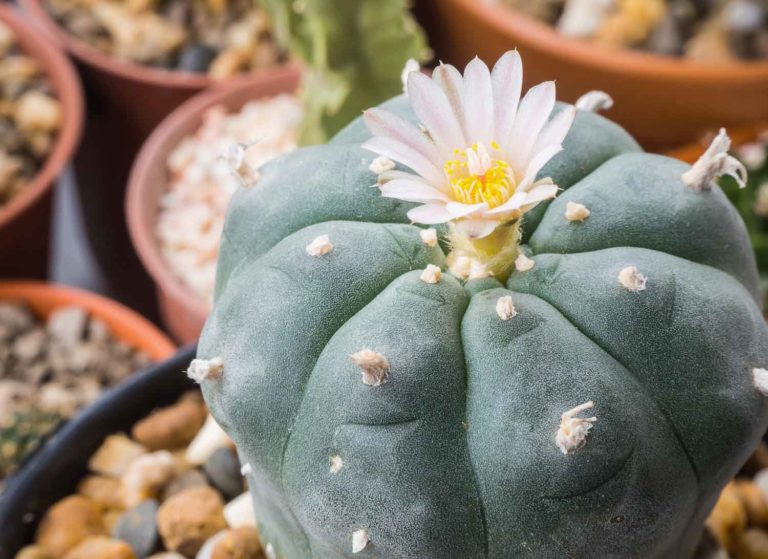
On September 2, two Michigan senators filled SB 631. This would legalize possessing, cultivating, and delivering of plant and fungus-derived psychedelics. Those included in the bill are DMT, ibogaine, mescaline, psilocybin, and psilocyn.
This bill, however, would not legalize commercial production and sales. It’s just for possessing, cultivating, and delivering psychedelics. The bill does address that individuals can charge a “reasonable fee for counseling, spiritual guidance, or a related service that is provided in conjunction with the use of an entheogenic plant or fungus under the guidance and supervision of an individual providing the service.”
One of the bill’s sponsors, Senator Jeff Irwin, D, tweeted about his and fellow democrat Senator Adam Hollier’s new bill. “There is medicinal value. These plants and fungi have religious significance. And these substances are relatively safe and not prone to abuse.”
SB 631 would bring Michigan further forward in psychedelic reform. Currently, Ann Arbor has decriminalized the possession of psychedelics and declared September Psychedelic Awareness Month. On September 19, the city is holding a festival on psychedelics and their benefits for people across the state and country. Furthermore, Grand Rapids city council is currently considering a bill to decriminalize the possession of psychedelics, similar to Ann Arbor.
Concern
However, there are some concerns amongst the indeginous tribes of the state. One of the psychedelics to become legalized for possession and cultivation is mescaline. This is derived from the spiritually and culturally important cactus Peyote. It’s currently on the endangered species list.
Previously, the Indigenous Peyote Conservation Communication Committee (IPCCC) wrote a public letter in May to discuss options for the public to protect their sacred plant and push for states to not legalize it for the general public.
“This conservation effort includes regulatory and legal measures designed to ensure biocultural conservation. It is important this effort not be interrupted or diluted,” the IPCCC letter said. “Individual, state, or local decriminalization efforts that include peyote can be disruptive to the nation-wide strategy driven by Native American people to protect, conserve, and ensure the spiritual and ecological sustainability of peyote.”
The group’s position is “not due to opposition to decriminalization efforts in general, but because there is an entire conservation strategy already underway.”
Other states that have begun working on decriminalizing psychedelics, such as California, have removed peyote from their list of legalized psychedelics because of the IPCCC’s concern and conservation efforts.
Future
Michigan’s legislature meets throughout the year, so they have until the end of December when the year ends to discuss and vote on SB 631. As more information becomes available, we will update you with the latest.
Make sure to check back for more cannabis and hemp related news.